Convinced that memorizing lists of words was both difficult and unrewarding, author Ida Ehrlich developed a direct and successful method of vocabulary building, based on the keys to the English language. Now you can quickly and easily learn this proven technique and enjoy the benefits of
INSTANT VOCABULARY!
ITS YOUR SECRET KEY TO SUCCESS
AT SCHOOL
IN THE OFFICE
IN SOCIAL SITUATIONS
FOR MORE EFFECTIVE PUBLIC SPEAKING
FOR BETTER READING COMPREHENSION
IN WRITTEN AND VERBAL
COMMUNICATION
An
Original Publication of Pocket Books

Copyright 1968 by Simon & Schuster, Inc.
All rights reserved, including the right to reproduce this book or portions thereof in any form whatsoever.
For information address Simon & Schuster Inc.,
1230 Avenue of the Americas, New York, NY 10020
ISBN-10: 1-4165-2382-0
ISBN-13: 978-1-4165-2382-6
POCKET and colophon are trademarks of Simon & Schuster, Inc.
Visit us on the World Wide Web:
http://www.SimonSays.com
To Peter
CONTENTS
PREFACE
The origin of this book lies in an experience which I had when I began to teach in junior high school nineteen years ago. My eighth-grade class had an excellent reader full of literary gems, one of which was Henry Wadsworth Longfellows Evangeline. I looked forward to glorious days of leading young people into the many byways of good literature.
Consequently, I was shocked to find that the students refused to tackle the poem. They argued that the vocabulary was so far beyond them that they would have to use the dictionary all the time. The poverty of their language was appalling! They had been reading digests and simplifications. They had had no meaningful contact with the beauty of great writing. They wanted to read poems like Evangeline, but they were also practical. I had to admit that in the struggle for comprehension much of the grace and beauty would be lost.
The English of great literature was a foreign language to them. What to do about this problem? We devised a plan: four boys volunteered to look up the words needed for the daily assignment in reading, each one responsible for one fourth of the list. We called these boys Dictionary Dicks. I read the poem aloud while the class silently followed the text in their readers. When a word was not understood, it was asked for by a raised hand, and the boy who has that word on his list supplied the meaning. Each day, as the poem unfolded, the enjoyment of the reading increased.
I shall never forget the emotion of this class when I read the end of Evangeline. It was a memorable experience for all. Of course they wanted more of the same. But I refused. I assured them that their enjoyment would have been many times greater if they had done the reading themselves. They believed me and were eager to learn how to read fine literature.
We discussed the problem and, as usual, the solution turned out to be very simple: Build a strong vocabulary! It was then that I began my system of KEY building: the system you will find in this book. The method is simple, interesting, and always rewarding. It is an infallible method of vocabulary building. One KEY a day opens the door to mastery of the English language. I guarantee that if you learn only the KEYS you will know the words. Every KEY has many words.
Do not try to memorize them! Merely read and understand. Then use them in the practical exercises on the facing pages. Soon your vocabulary will expand greatly and you will begin to understand new words instantly.You will possess an instant vocabulary. You will find the proof of this statement on page 521. There you will find a test to give yourself and readings. You will see that you know the meaning of the longest word in the Websters New International Dictionary of the English Language a word of forty-five letters.
When you read the passages you will understand them. I am convinced. You try it and convince yourself. You will immediately get into the habit of looking for KEYS to word meaning. You will recognize the KEYS. You will be amazed at the speed of your vocabulary enrichment, at the ease with which you will be able to understand the most difficult words in the language.
PROCEDURE Look at the Key. Close your eyes and visualize it. Look over the list of words. Read the brief introductory paragraph. Study the list of words: Pronounce each word carefully. Read the meaning of each word.
Look at the word analysis. It is the model for your own analysis. Work out the practical exercises. Check your answers. Take another look at the key. The only thing you need remember is the key.
REMEMBER THE KEY AND YOU WILL RECOGNIZE IT THE INSTANT YOU SEE IT AGAIN. Ida Ehrlich Brooklyn, N. Y.
PUBLISHERS NOTE
While you work with this book you will become aware of many words that do not seem usable. Why are they included? They are present to reinforce your ability to recognize keys. Often the long technical words offer a perfect opportunity to show many keys in combination.
Some of the words are now obsolete or rare, but when you read old books you encounter them. Therefore it has been necessary to combine the practical everyday words with words that are of interest primarily because they demonstrate the diversity and richness of the language. The words you encounter frequently are given a pronunciation based on those listed for them in Websters Seventh New Collegiate Dictionary. This is a wonderful desk dictionary. The words not found in this volume have been based upon the pronunciations and meanings presented in Websters New International Dictionary of the English Language, Second Editionthe dictionary that has been the authoritative dictionary for many years. inclined to
tend to
is the Suffix Y which means INCLINED TO; TEND TO. inclined to
tend to
is the Suffix Y which means INCLINED TO; TEND TO.
It is a very valuable KEY because it shows its effectiveness so clearly. That single letter added to a root word has an immediate and powerful effect. It characterizes, not the root word, but the person to whom the adjective is applied. Example: smart is a complimentary word, of genuine praise; smarty shows up a fake. Being shown this difference has changed many a smart-aleck into a genuinely smart person. 9 SMARTRoot =bright; clever YSuffix =inclined to; tend to practical exercises 1. 9 SMARTRoot =bright; clever YSuffix =inclined to; tend to practical exercises 1.
Supply the missing words: It is praiseworthy to be artistic, but to be ................. is mere pretense. He who is ................. of dirt will not, himself, become ................. 2. 4. 3. 3.
Supply one word to express the phrase: 
KEY NO.

AR ER OR one who
that which
is the Suffix which has three spellings, AREROR , meaning ONE WHO or THAT WHICH. This is one of the simplest keys to remember and you will see a great deal of it. It is listed so that you will become accustomed to seeing words, not as one lump to be swallowed whole, but as a combination of keys which are to be recognized separately.



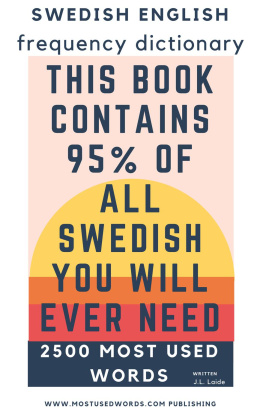
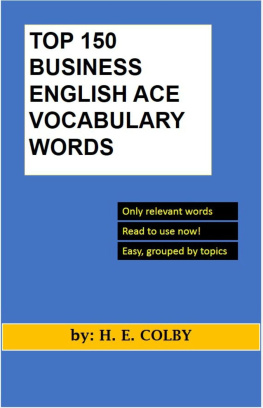
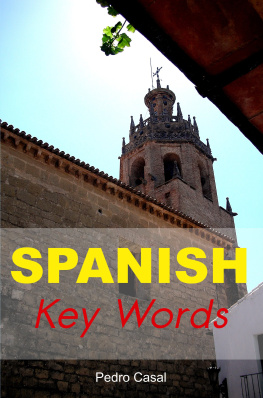
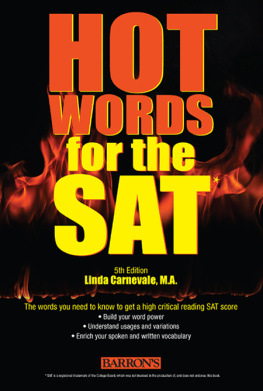


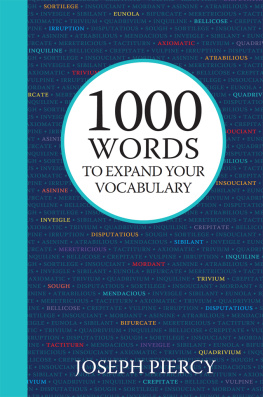
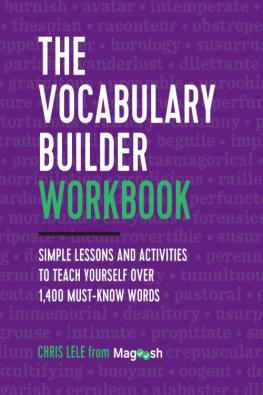
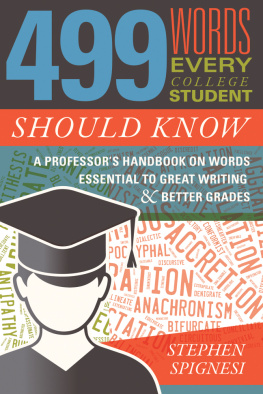
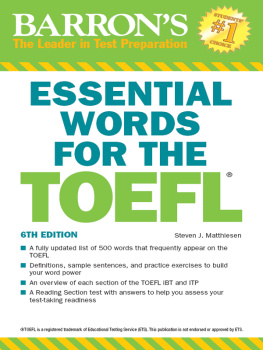


 AR ER OR one who
AR ER OR one who